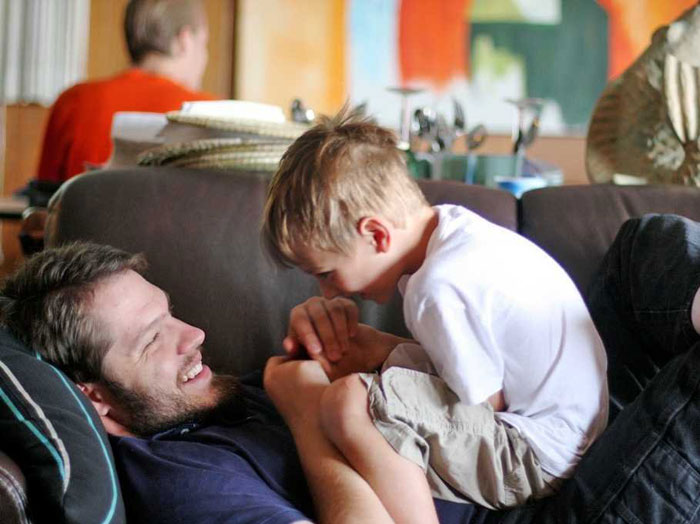Starting your day earlier offers many benefits. Peace and quiet before the kids wake up! Watching the sunrise! Leisurely breakfasts!
If that's not enough to convince you to set your alarm for 5am, recent research suggests you'll also have the chance to make a better impression on your manager. Employees who get in early are generally perceived as more conscientious and receive higher performance ratings than employees who get in later - even if the early-arrivers leave earlier, too.
Considering all the cultural associations between earliness and virtuousness ("the early bird gets the worm", "early to bed and early to rise makes a man healthy, wealthy, and wise"), the team of researchers at the University of Washington suspected that bosses would be biased toward employees who arrived early.
To test this theory, they conducted a series of experiments. In one, they recruited 149 pairs of supervisors and employees. All employees indicated when they typically arrived to work.
Meanwhile, each supervisor rated their employee's conscientiousness and job performance. The researchers also asked the supervisors to indicate their own early-bird or night-owl tendencies (eg. by answering the question, "When would you prefer to get up if you had a day off and nothing to do?")
The researchers made sure to take into account employees' total work hours - so it's not like they were comparing someone who worked from 7am to 7pm against someone who worked from 11am to 5pm.
Sure enough, employees who typically arrived earlier were rated more conscientious and received higher performance ratings than those who started their workday later. Moreover, bosses who personally preferred waking up earlier were more biased toward employees who arrived earlier.
In order to see if employees' early start times were actually causing their bosses to perceive them more favourably, and not the other way around, the researchers conducted another experiment.
This time, 150 undergrads read a blurb about an employee who comes to work at 7am and leaves at 3pm or an employee who comes to work at 11am and leaves at 7pm (both representing 8-hour days). Performance statistics for the two employees were exactly the same.
As in the previous experiment, students indicated their own preferences for waking up early or late.
Once again, results showed that students rated the employee who arrived early as more conscientious and higher-performing. And the more the students preferred waking up early, the more biased they were toward the employee who arrived early.
 One study found that employees who use flexible work programs to accommodate their personal lives are viewed more negatively. Credit: Flickr/Kevin Dooley
One study found that employees who use flexible work programs to accommodate their personal lives are viewed more negatively. Credit: Flickr/Kevin Dooley
This study adds to a growing body of research on the effects of using flexible work arrangements. Another study, published in 2012, found that employees who presumably use flexible work programs to be more productive are perceived as better performers than employees who seem to be using them to accommodate their personal commitments.
Given these findings, the University of Washington researchers advise managers to be cognisant of their potential bias against certain employees who take advantage of flexible work arrangements. In particular, they should be aware of their potential "morning bias" and their tendency to underrate employees who arrive relatively late.
In an article for The Harvard Business Review, the researchers write: "Organisations may be inadvertently punishing the employees who use flextime to start and finish working later in the day."
As for individual employees, the researchers say they aren't trying to dissuade anyone from using flexible work programs that allow them to choose their start and end times. But it's important for employees to understand the potential consequences of utilising those offerings.
One option is simply to bring up the issue with your manager, and explain why your later start time isn't hurting your performance - and might even be boosting it.
This article was originally published by Business Insider.
